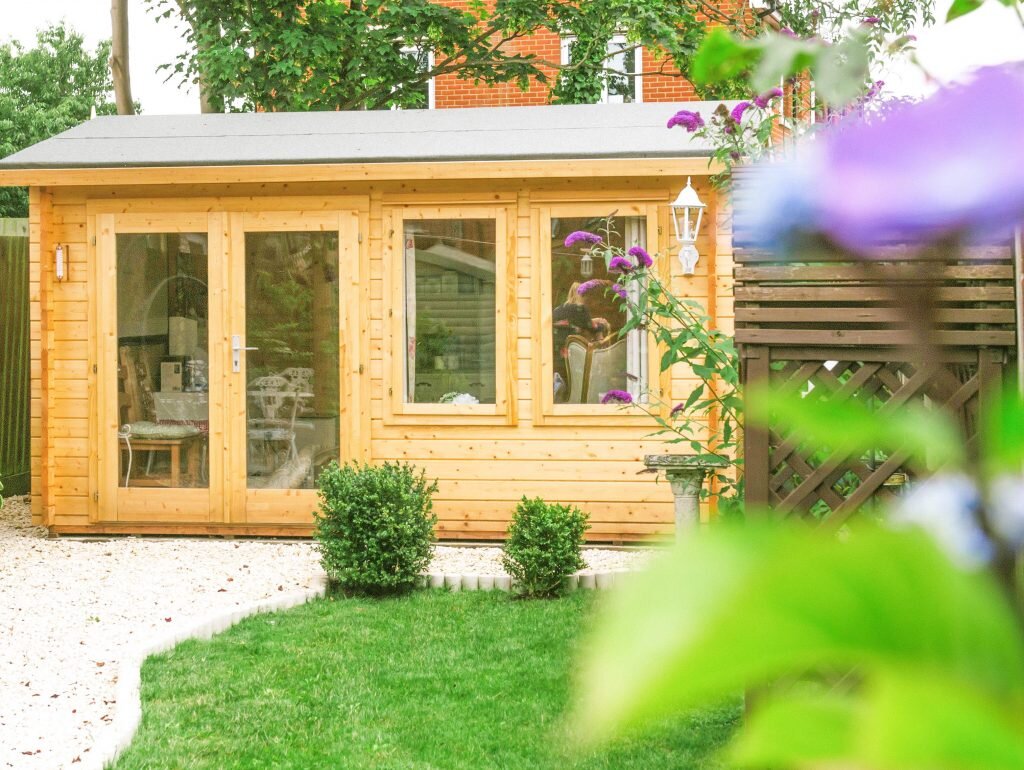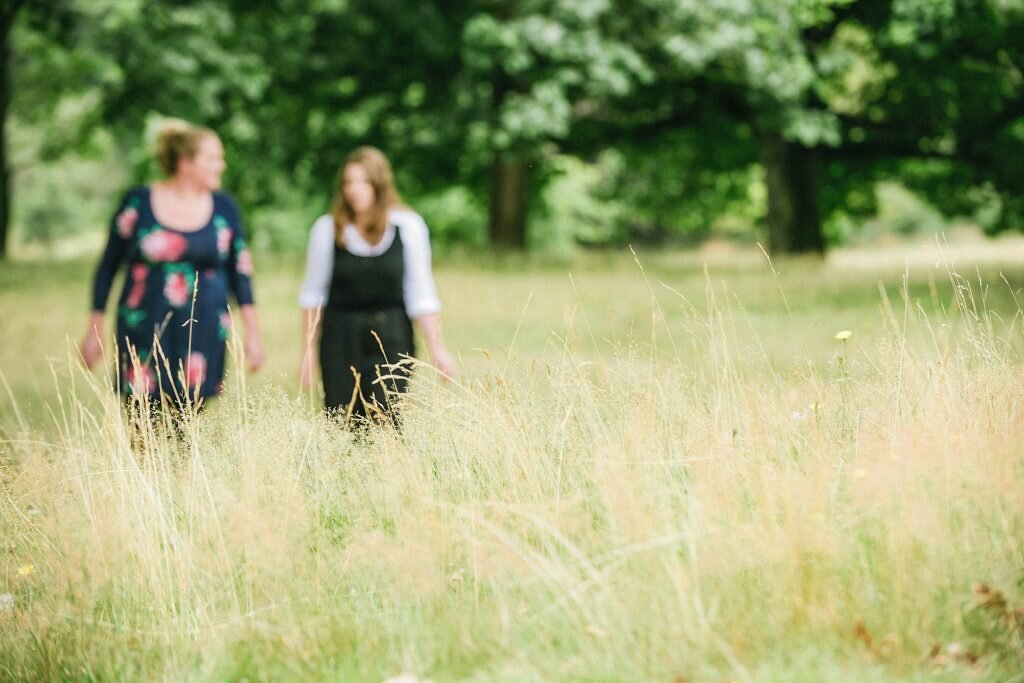Mindfulness
What?
Mindfulness means compassionate and lucid awareness in the current moment. Most of us are more used to its opposite: mindlessness – unconsciously living in our frantic lives. People say that mindfulness makes them feel more awake and calmer providing clarity and freedom from their own emotional habits. This therapy is best for those not currently highly anxious or depressed, to reduce the chance of relapse.
How?
Mindfulness can be discussed in a one-off session or combined into any treatment plan. An eight-week mindfulness (MBCT) course is also an option. Your therapist will suggest a pathway during your free 15-minute assessment call and advise further at your first session.
Where?
This therapy is appropriate to try in Smart CBT+’s tranquil therapy cabins, outside during Walking Talking Therapy, online or by phone.
The psychology
Awareness of being mindful emerges by:
Intentionally paying attention to moment-by-moment events as they unfold in the internal and external world with friendly interest (non-judgemental).
Noticing your habitual mind patterns and emotional and behavioural reactions to events, often characterised by aversion or attachment brooding, ruminating and living in our heads.
Focusing on the present moment, rather than reliving the past or pre-living the future. Cultivating the ability to respond to events, and to reactions to them wisely, with an attitude of open curiosity and compassion to self and others.



